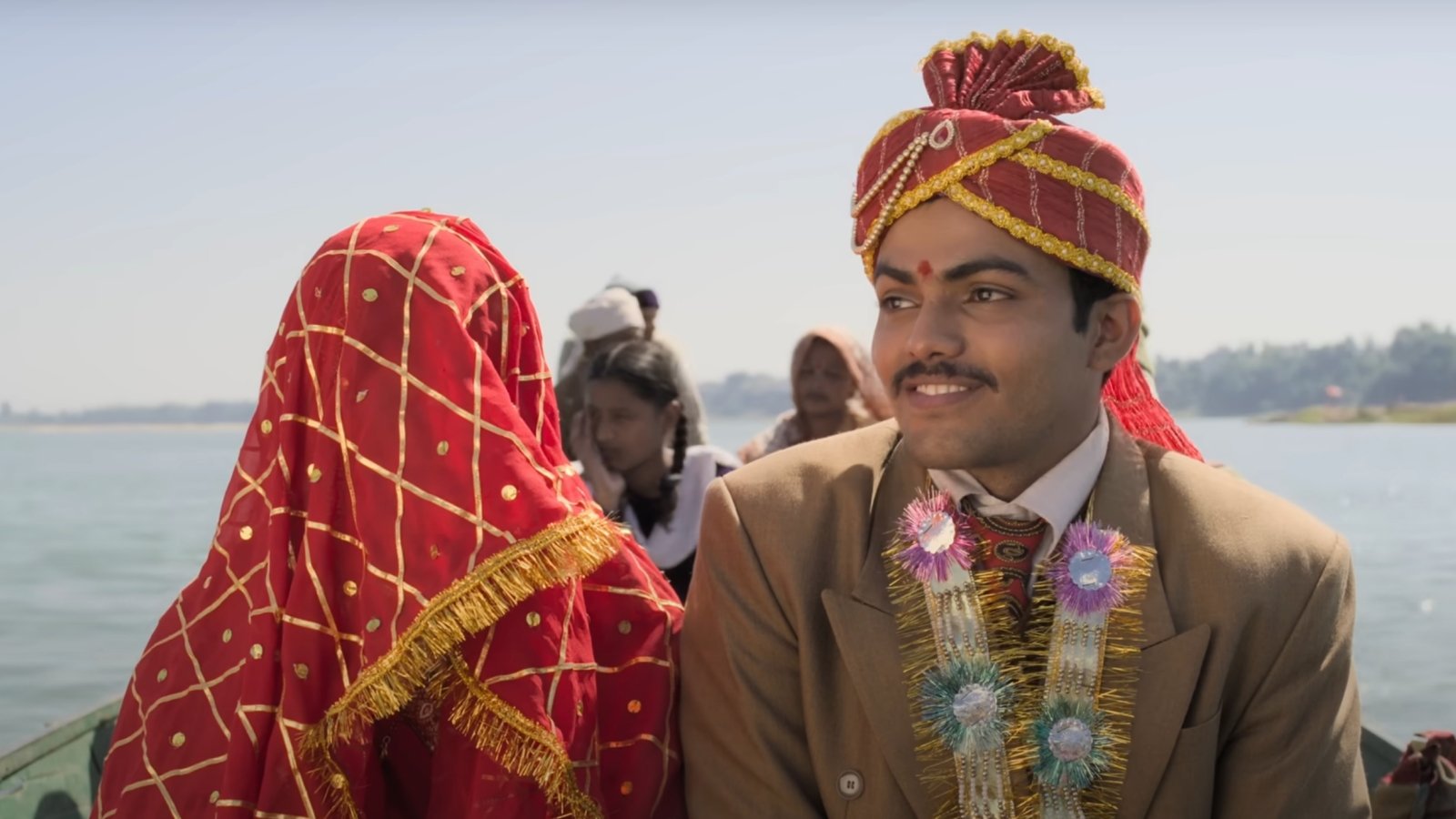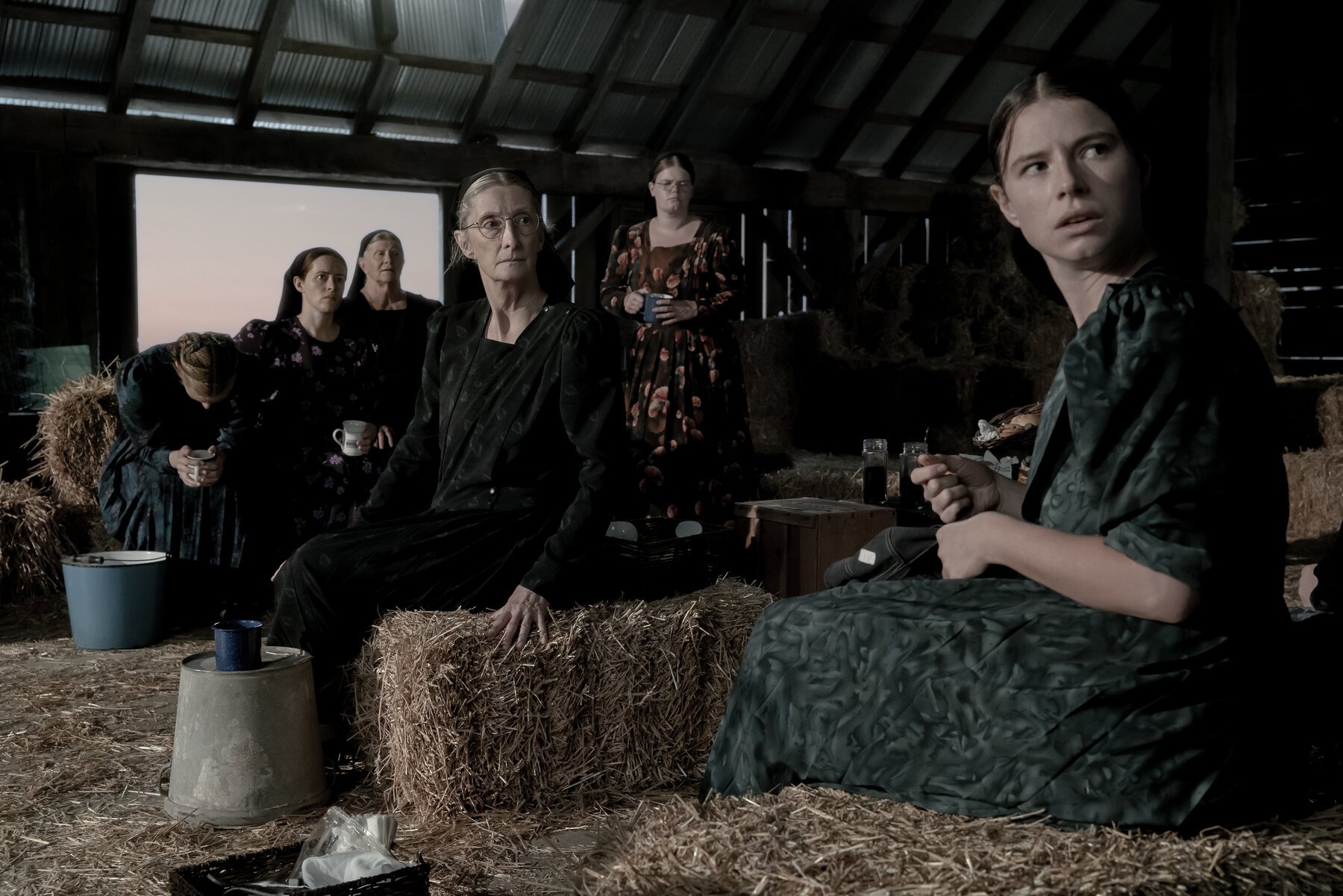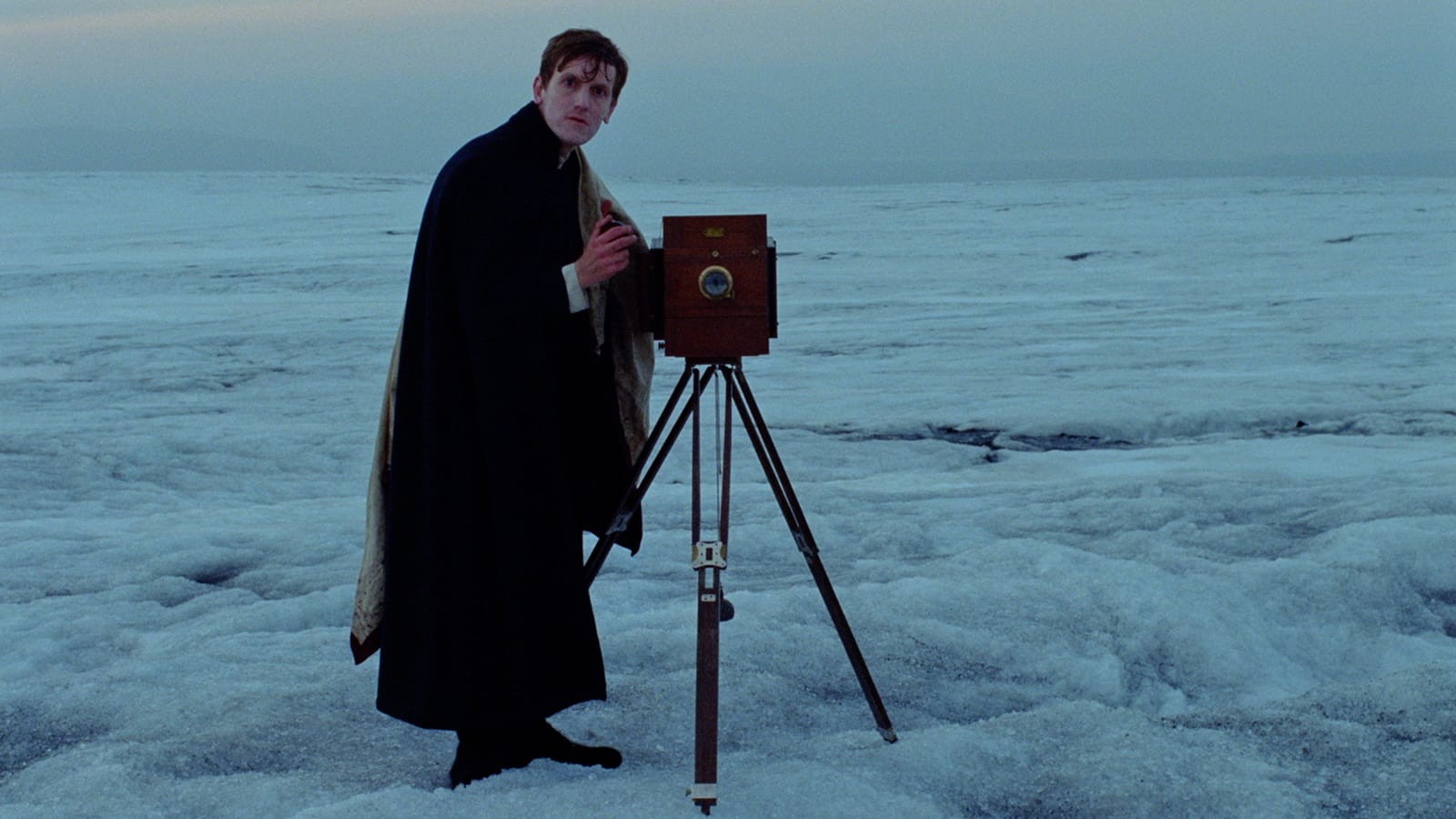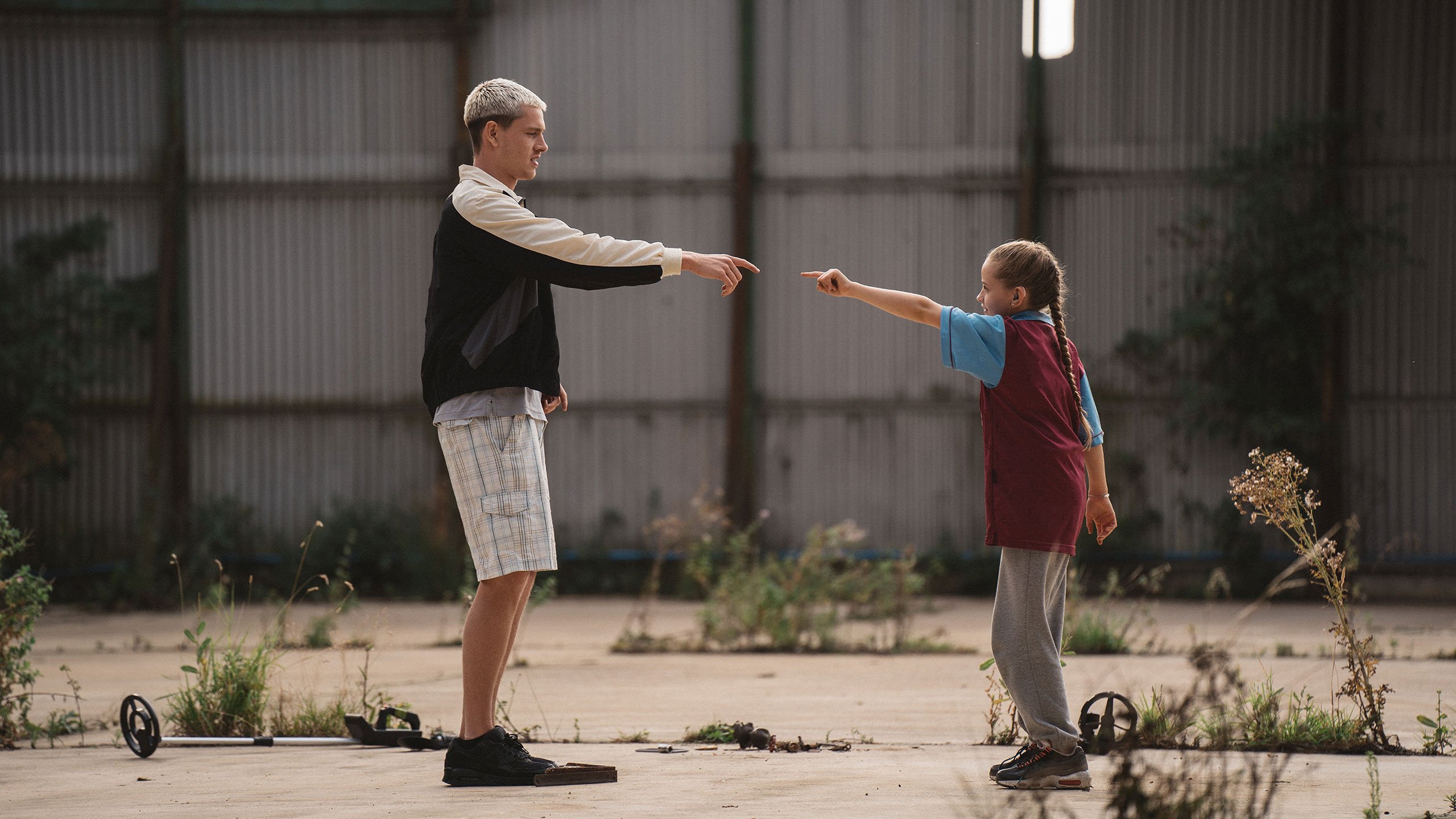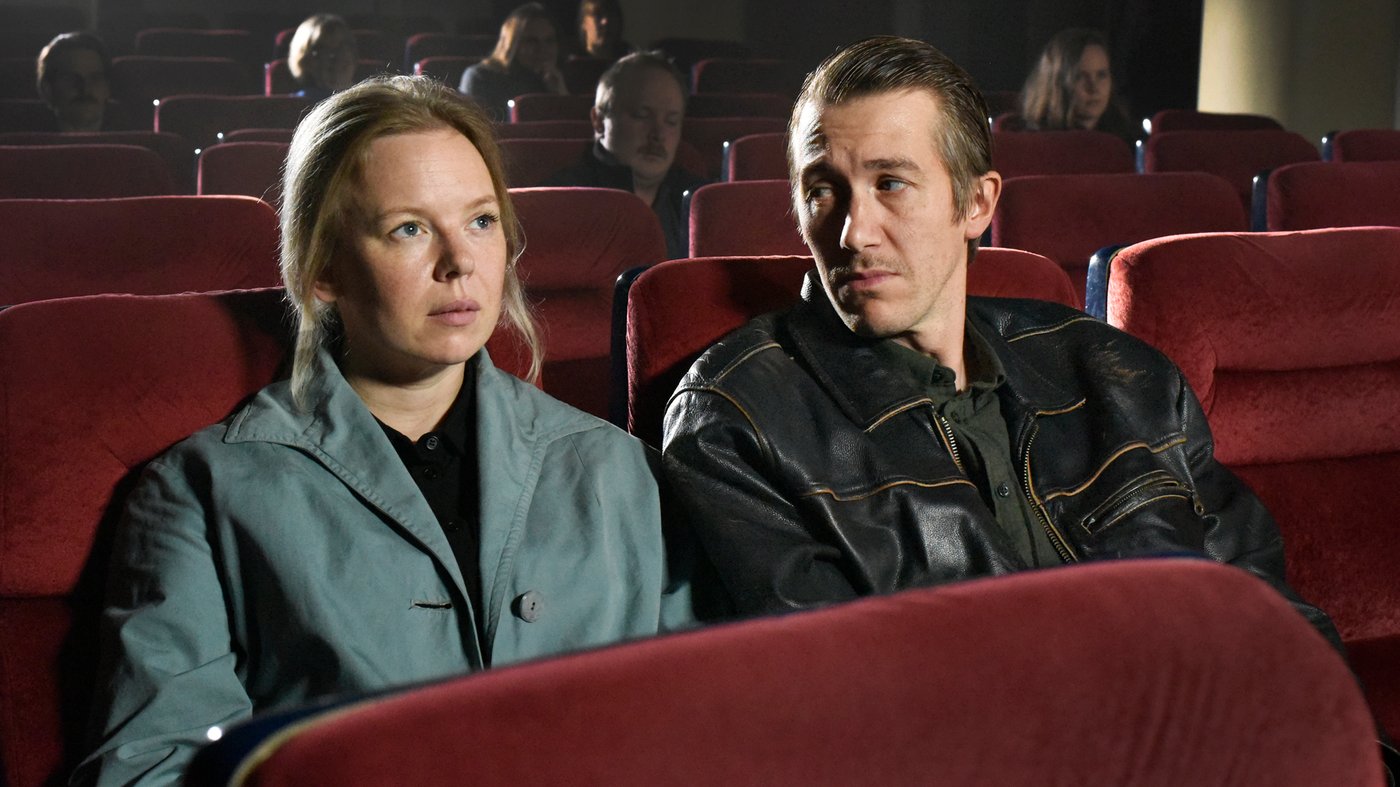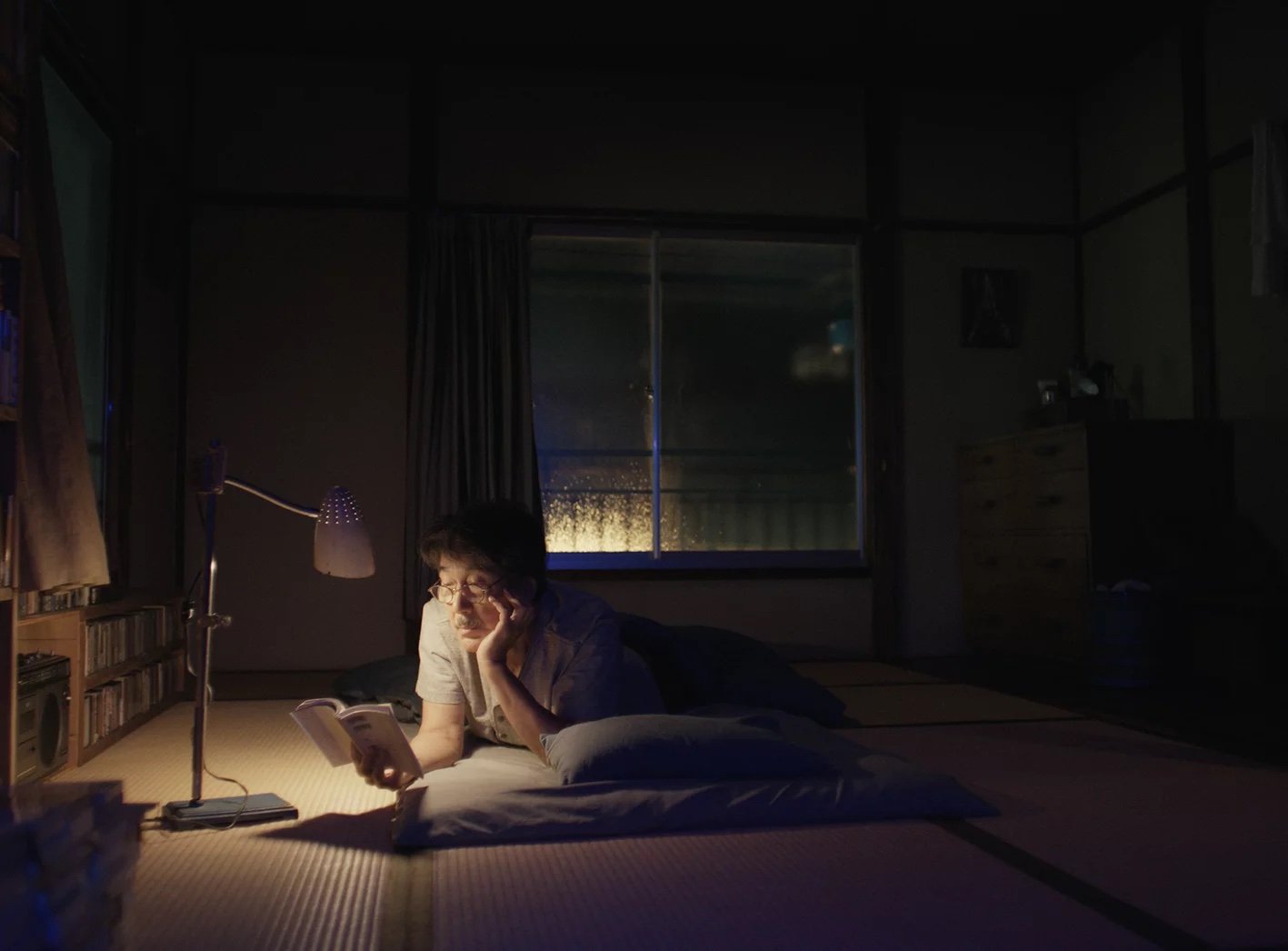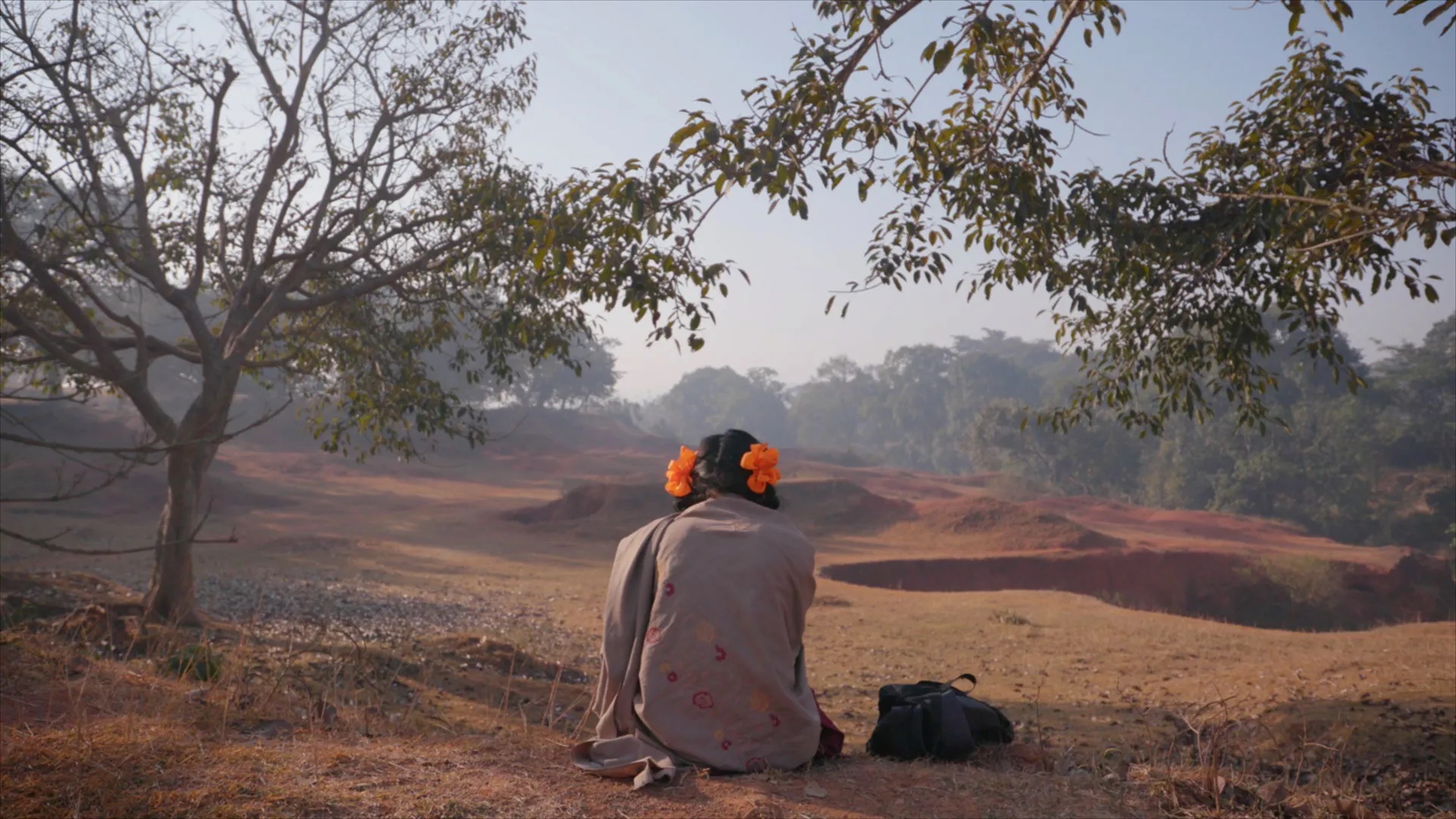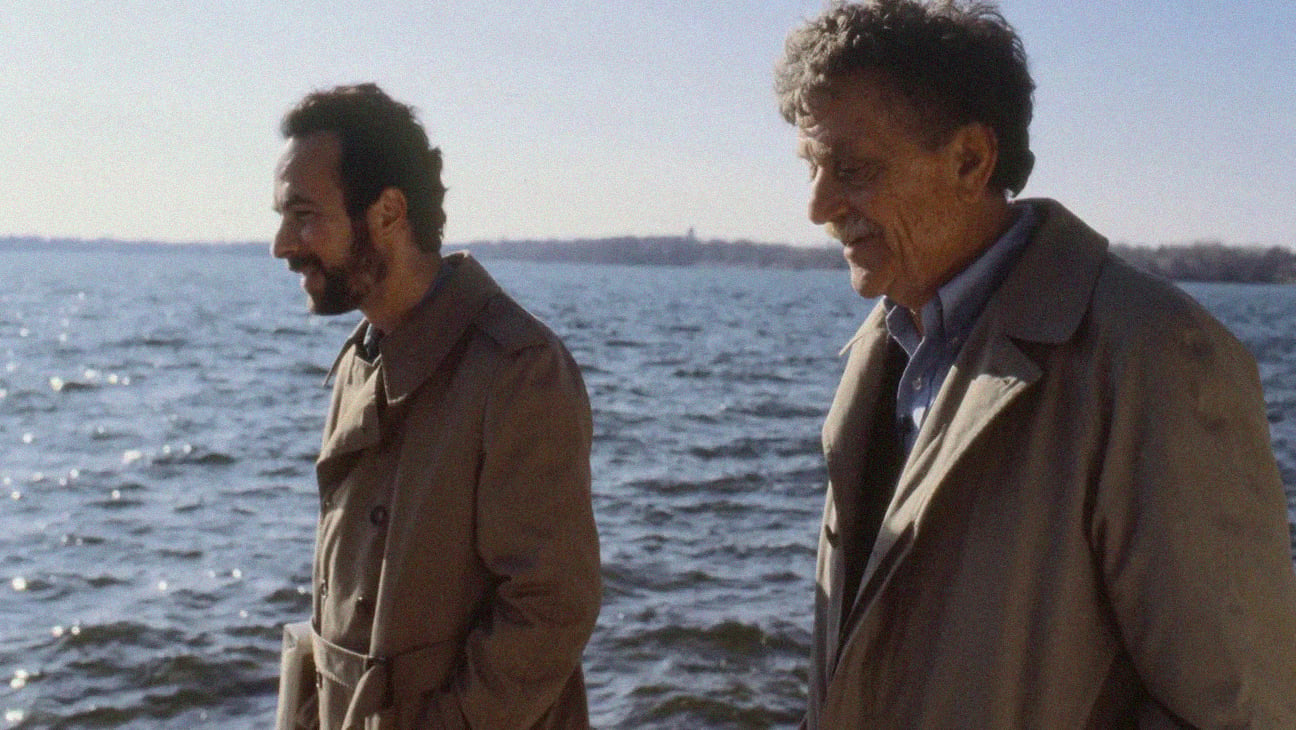
The Best Movies of the 2020s So Far
April 8, 2025
Share:
Saying that 2020 came with a bang just might be the understatement of the century. The year ushered in a global pandemic that upended all of what we knew in the modern world, forcing us to reconsider what we deemed as valuable and even good.
With more content than ever before, both filmmaker and filmgoer have seen a growth in discernment, and with that, a boost in standards. So far, this has meant more solid techniques, diverse perspectives, and empathetic takes. Below, we list the most notable titles that uphold these qualities—in other words, the very best movies of the 2020s.
Read also:
61. Laapataa Ladies (2024)
Genres
Director
Actors
Moods
When two young brides are mistakenly swapped on a train, it’s a difficult situation, much more so when the brides in question are both veiled and wearing the same red bridal attire. This seemingly simple swap is the entire plot of Laapataa Ladies, but director Kiran Rao transforms this mishap into a hilarious, yet realistic, satire that challenges plenty of the norms enforced on women in the country. As Phool and Jaya switch places, the film understands where their respective mindsets come from– Phool having not learned much about the world, and Jaya having been jaded by it– but the film doesn’t stop there. It brings them to places that challenge those mindsets, and in turn, they challenge the people around them too, by actively making choices from the mindsets they had to hold to survive. Laapataa Ladies is what it says on the tin– Laapataa is the word for lost– but the sharply written characters, the witty dialogue, and the subtle social commentary make this charming love story one of a kind.
62. Another Round (2020)
Genres
Director
Actors
Moods
Director Thomas Vinterberg (The Hunt) reunites with Mads Mikkelsen to tell the story of four teachers going through a mid-life crisis. They’re not sad, exactly—they have homes and jobs and are good friends with each other—but they’re not happy either. Unlike the ebullient youth they teach, they seem to have lost their lust for life, and it’s silently eating away at them, rendering them glassy-eyed and mechanic in their everyday lives.
Enter an experiment: what if, as one scholar suggests, humans were meant to fulfill a certain alcohol concentration in order to live as fully and present as possible? The teachers use themselves as the subjects and the tide slowly starts to turn to mixed effects. Are they actually getting better or worse?
With an always-satisfying performance by Mikkelsen and an instant classic of an ender, it’s no surprise Another Round took home the award for Best Foreign Film in the 2020 Academy Awards.
63. On the Record (2020)
Genres
Director
Actors
Moods
This searing allegation of sexual abuse against Def Jam Recordings’ Russell Simmons unfolds with the intelligence and tenacity of a world-class prosecution. But more importantly, On the Record remembers to fight for a justice that’s restorative, too—paying proper tribute to Drew Dixon and many other equally creative and talented women behind the scenes in the American hip hop industry. With every new argument it introduces, this documentary encourages us not only to be open to new information, but to rewire our very way of thinking about race, intersectional feminism, and the music business. It may be a bit of a cliché, but On the Record really does leave you smarter than when you started, with a heightened awareness of how the present moment is inseparable from our history.
64. Women Talking (2022)
Genres
Director
Actors
Moods
Not much happens in Women Talking, but what it lacks in action it more than makes up for in message. As the wronged women of an insular Christian colony decide whether they should leave or stay in their community, valuable points on each side are raised and debated fiercely. Are the men at fault or is there a bigger problem at hand? Is it sacrilegious to refuse forgiveness? Will leaving really solve anything?
The women of this ultraconservative and anti-modern community may not know how to read or write, but years of toiling away on land, family, and faith have made them wise beyond their years, which makes their discussion all the more captivating and powerful. Relevant themes, coupled with director Sarah Polley’s poetic shots and the cast’s all-around stellar performances, make Women Talking a uniquely compelling and timeless watch.
Read also:
65. Godland (2022)
Genres
Director
Actors
Moods
On the one hand, Godland is a film about nature’s unforgiving beauty. Like the photographs the priest Lucas (Elliott Crosset Hove) takes, these quietly superb scenes speak for themselves. The Earth moves in mysterious and harsh ways, and we are but mere specks, organic matter to be folded in and absorbed, in the grand scheme of things. It would’ve worked with just this message alone, but Godland also treads on political ground. Through Lucas, who is Danish, and his travel guide Ragnar (Ingvar Sigurdsson), who is Icelandic, we sense a palpable tension that electrifies the film with a colonial strain. There are layers to their deep aversion (and dependence) on one another, and director Hlynur Pálmason does well to pair this with imagery that is just complex, profound, and packed with meaning.
66. Scrapper (2023)
Genres
Director
Actors
Moods
Be prepared to have the expectations you form after reading Scrapper’s synopsis shattered: though it is about a 12-year-old dealing with grief following her mother’s death, it’s remarkably upbeat. It gets that quality by positioning itself in the buoyant headspace of young Georgie, a resilient, cheeky youngster who retains much of her whimsical childlike spirit in spite of her profound bereavement. Director Charlotte Regan’s debut feature is bursting with imagination: there are surreal stylized touches all over the movie, from talking video-game-style spiders to magical realist metaphors of Georgie’s grief.
That’s not to say that Scrapper is flippant about the inherent tragedy of its story, though. As in The Florida Project, you can feel the escapist motivations of Georgie’s colorful imagination, which only deepens the poignancy of her situation and the precarious relationship she forms with her father, a barely-old-enough manchild who only makes an effort to meet Georgie after her mother’s death. Amidst all the intentional artificiality of the filmmaking, their largely improvised interactions never ring false — a dynamic that’s also crucial to making the movie feel genuinely touching and real rather than saccharine and shallow. A very impressive debut, and a much-deserved recipient of Sundance’s World Cinema Grand Jury prize and a whopping 14 nominations at the BIFAs.
67. Fallen Leaves (2023)
Genres
Director
Actors
Moods
Simple but lovely movies like Fallen Leaves are hard to come by these days. While others rely on complicated dialogue or overly ambitious premises to be deemed deep or important, Director Aki Kaurismäki trusts that his material is strong enough. After all, its silence speaks volumes; the characters don’t say much but when they do, you can be sure it’s something hard-hitting or funny. The plot doesn’t contain a lot of surprises, but when it makes a turn, it moves you instantly. And the leads, Ansa (Alma Pöysti) and Holappa (Jussi Vatanen) barely move their features, but their eyes convey more emotion, more longing and ache and joy, than one can hope for. Some movies can be challenging, exhilarating, or exhausting to watch. This one is simply delightful.
68. Perfect Days (2023)
Genres
Director
Actors
Moods
For public toilet cleaner Hirayama, “enjoy the little things in life” is more than just an adage: it’s a philosophy. Every day, he follows a strict routine of watering his plants, going to work, taking a break at a nearby shrine, and having dinner at his favorite stalls. It seems unexceptional, and yet Hirayama manages to find small, meaningful joys in between (and at) those very moments. A tree branch dancing in the breeze and shadows making funny shapes are enough to make him chuckle, while it seems like a good book and a trusty cassette are all he needs to be at peace. Hirayama’s mundane miracles are life-affirming, but make no mistake: this isn’t one of those cheesy films that push you to be happy no matter what. Director Wim Wenders (Paris, Texas, Wings of Desire) infuses the film with a certain gloom so that the overall tone is one of deep, poignant melancholy. Through vague clues about Hirayama’s past, we learn that his attempts at capturing joy might also be bids to escape a traumatic life. All this builds to a powerful ending that speaks to the complexity of human emotion. We can be happy and sad, peaceful and troubled, lonely and content all at the same time, and it’s okay. At the end of the day, we’ll still have our favorite book passage, our favorite singer, a great artwork, or a beautiful park to return to, and sometimes that’s all the reminder you need that life can be worth living.
69. To Kill a Tiger (2022)
Genres
Director
Moods
To Kill a Tiger should not be an easy watch. It’s about the gang rape of 13-year-old Kiran, a girl whose small village has shunned and blamed her for “not knowing better,” and who is being forced by community leaders to marry her abuser to “erase the stain” on herself. But instead of leaning on sensationalism, Director Nisha Pahuja tells Kiran’s story with so much care and sensitivity that it feels refreshing and ultimately inspiring to watch. Pahuja hones in on Kiran’s relationship with her father, Ranjit, who stands by her daughter despite the pressure imposed by his community to do otherwise. The filmmakers note that he’s the rare man to pursue justice for his wronged daughter, and we can see through intimate conversations among the villagers, lawmakers, and social workers how brave and novel Kiran and Ranjit’s journey is. To Kill a Tiger is not an easy watch, but under Pahuja’s deft direction, the discomfort feels necessary, and the relationships heart-aching but uplifting.
70. La Chimera (2023)
Genres
Director
Actors
Moods
La Chimera is often meandering. Scenes flitter about and move at different paces, resembling dreams more than they do reality, but they’re hardly trivial. Just the opposite, they enchant you with their beauty and confront you with deep, existential questions that haunt you long after the film’s run. You won’t find obvious answers here though, and you might even leave more perplexed than when you began. But that is the beauty of a film like La Chimera, it cracks you open to different realms and possibilities.
Comments
Add a comment
Ready to cut the cord?
Here are the 12 cheapest Live TV streaming services for cord-cutting.
More lists
Lists on how to save money by cutting the cord.
Curated by humans, not algorithms.
© 2025 A Good Movie to Watch. Altona Studio, LLC, all rights reserved.
